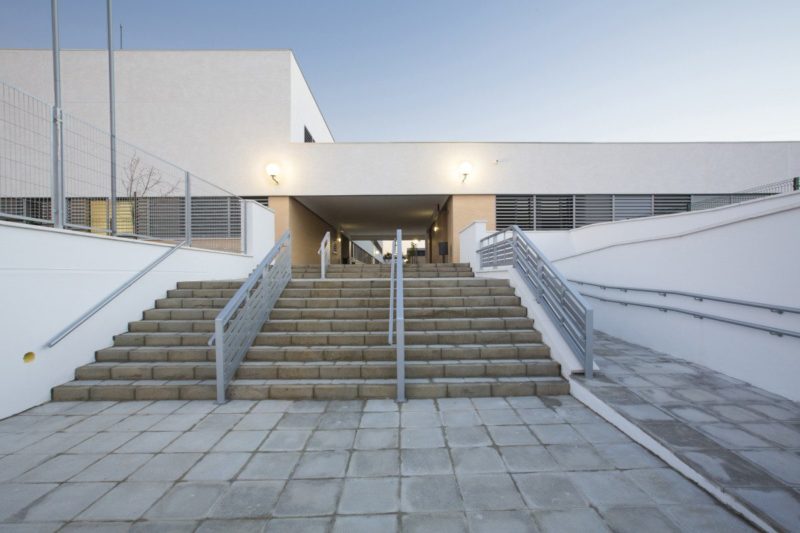Court Blocks Two Extreme Alabama Anti-Abortion Provisions
The temporary order prevents officials in Alabama from enforcing a ban on later abortions and implementing a law that would regulate abortion clinics in a similar fashion as sex offenders.

A federal judge on Wednesday temporarily blocked two Alabama abortion restrictions set to take effect August 1 that would ban abortion clinics near schools and criminalize the most commonly used later abortion procedure.
In May, Alabama Gov. Robert Bentley (R) signed into law a ban on abortion clinics within 2,000 feet of public K-8 schools. He also approved a separate measure banning the most common method of performing a later abortion, known as dilation and evacuation, or D&E, abortions.
The American Civil Liberties Union (ACLU) challenged both provisions on behalf of providers in the state, arguing they were unconstitutional. According to attorneys for the ACLU, the location restriction would close the state’s two busiest abortion clinics, while the method ban would hamper access to later abortions.
The first blocked measure would prohibit the Alabama Department of Public Health from issuing or renewing a health center license to an abortion clinic or reproductive health center close to some public schools. As reported by Rewire, this would effectively regulate abortion clinics in the same manner as registered sex offenders. In Alabama, sex offenders cannot reside within 2,000 feet of a school or child-care facility.
The second blocked measure would outlaw most surgical abortions. Dilation and evacuation, the most common form of surgical abortion, is used in the majority of abortions after 13 weeks of pregnancy, according to the American College of Obstetricians and Gynecologists. It is extremely safe, with less than one in 1,000 patients experiencing complications.
Dr. Willie Parker, a physician who provides later abortions in Alabama, wrote in a statement to the court that, if allowed to take effect, the law would prevent him from performing abortions after 15 weeks of pregnancy.
According to Dr. Parker’s submission to the court, the only alternative to D&E is to induce labor in a hospital, a much riskier and expensive alternative for the patient.
U.S. District Judge Myron Thompson Wednesday issued a temporary restraining order to block the state from enforcing the provisions until after an October 4 hearing. In the meantime, both sides were ordered to submit written arguments to the court in advance of that October hearing.
Alabama is not the only state to attack later abortion access. Kansas and Oklahoma both passed similar bans, but those laws remain blocked by court order.
